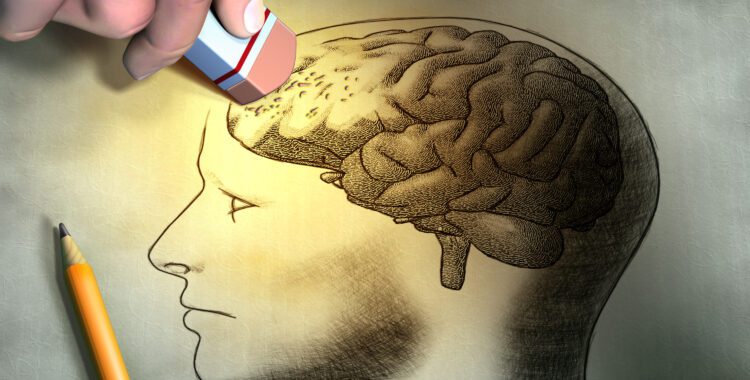Misremembered: Claims of Recovered Memories for Traumatic Events
It is common knowledge that as time passes, memories fade.
But many people think that memories of traumatic events work differently. They think that while some people retain vivid memories of a traumatic event they’ve experienced, other victims “repress” their memories of an intensely traumatic event. The idea is that the event was so traumatic that the brain buried the memories of it to protect the victim from the pain of remembering. Instead of having vivid images of the event, the person cannot remember the event at all.
These repressed memories, according to this theory, can eventually resurface, or be “recovered.” The recovery can be either intentional or unintentional, according to those who believe “repressed” memories can be recovered. They believe recovery can come decades after the event.
Violent and sexual crimes are a common source of supposed recovered memories. Claims of recovered memory have led to convictions based primarily on testimony of a supposed repressed memory of a crime.
But scientific evidence does not support the belief that memories of trauma can be repressed and later recovered.
The Origins of “Repressed Memory” Theory
The idea of repressed memories was first created or at least popularized sometime in the late 19th century. The first argument that memories could be repressed comes from 1890. Sigmund Freud referred to a “repression” of memories. Modern authors have given the phenomenon different names, such as “suppression,” “psychogenic amnesia,” and more recently “dissociative amnesia.”
By whatever name, the theory’s foundation is that people protect themselves from traumatic memories by “burying” them in their unconscious minds. The memories are not erased or removed. They still exist but are hidden, out of easy access. They can be brought back into conscious memory through the right trigger or the right circumstance.
The notion has gained common acceptance by many people. It has even become common sense to many people. It seems logical that some people repress traumatic memories to protect themselves. Studies, though, show otherwise.
One of the many studies was conducted on people who had actually suffered traumatic experiences. Some study subjects had seen violent crimes. Others had suffered sexual abuse. Some had undergone severely painful medical procedures. Subjects were asked whether they “lost” their memory or the memory were cemented in their mind. Participants reported that they kept their memories; they did not report a time when the memory had been lost to them. Many of these subjects would like to forget what happened to them, but they cannot.
Many similar studies have been conducted, and the results have been consistent. Therefore, the scientific consensus is that memory repression is not a real occurrence. Claims of recovered memories should be met with skepticism.
What the Lack of Scientific Support Means for Defendants
Despite repressed memory theory being widely rejected by scientists, it remains common sense to many. Complainants claim to have “recovered” a long-suppressed memory of sexual abuse. That recovered memory can lead to an accusation, and the accusation can be enough to start an investigation.
To defend against such an accusation, one must present the scientific evidence that memory repression does not occur. At the Marshall Defense Firm, we have plenty of experience working with experts in psychological science through whom we can present that evidence. At this writing, we are defending a case based on a claim of recovered memory of child sex abuse.
If you or a loved one needs legal defense against an accusation, the Marshall Defense Firm can help you, too. Our team is experienced in defending against a variety of sex crime accusations. We defend with vigor and support our clients with compassion and respect. Contact us at 206.826.1400 or solutions@marshalldefense.com for an appointment.





